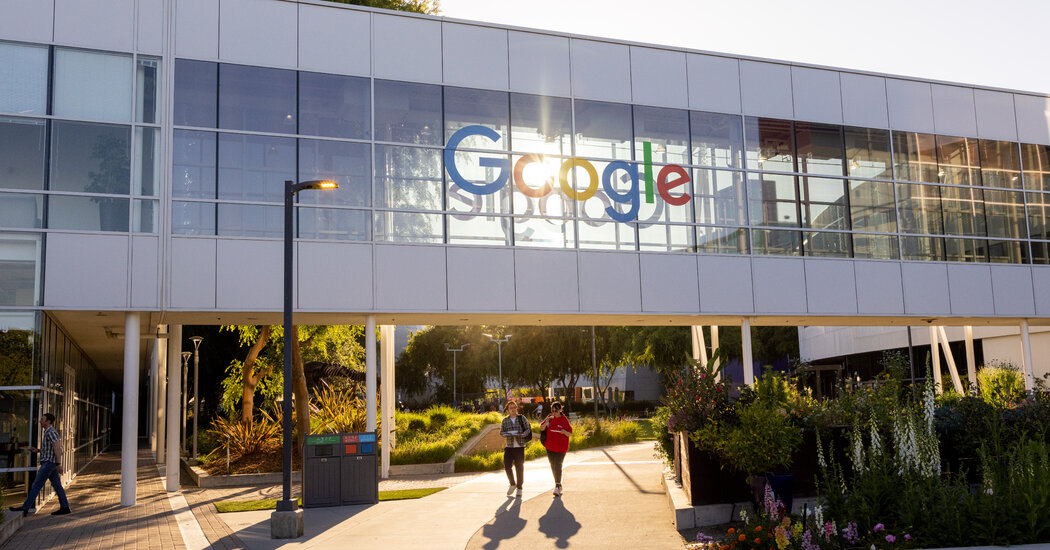Judge Amit P. Mehta must now decide whether Google violated the law, potentially setting a precedent for a series of tech monopoly cases.
A landmark antitrust trial against Google concluded on Friday after a federal judge heard final arguments, setting the stage for a ruling that could fundamentally shift the tech industry’s power.
“The importance and significance of this case is not lost on me, not only for Google but for the public,” Judge Amit P. Mehta said in the final moments of the proceedings on Friday. He thanked the lawyers who argued the case, and then added, “I guess you’ve passed the baton to us.”
Now, he must decide the case in which the Justice Department and state attorneys general say that Google has abused a monopoly over the search business, stifling competitors and limiting innovation, something the company denies.
During two days of closing arguments, Judge Mehta of the U.S. District Court for the District of Columbia did not reveal how he planned to rule. He grilled both sides, frequently referencing testimony and evidence from the 10-week trial last year to poke holes in their arguments. He also demanded that they explain how their positions fit with major legal precedents.
As the proceedings closed on Friday, Kenneth Dintzer, the Justice Department’s lead trial lawyer, argued that if antitrust laws “cannot thaw” a search business dominated by Google, the company’s practices will continue into the future.
John E. Schmidtlein, Google’s lead lawyer, countered that a ruling in favor of the government “would be an unprecedented decision to punish a company for winning on the merits.”
